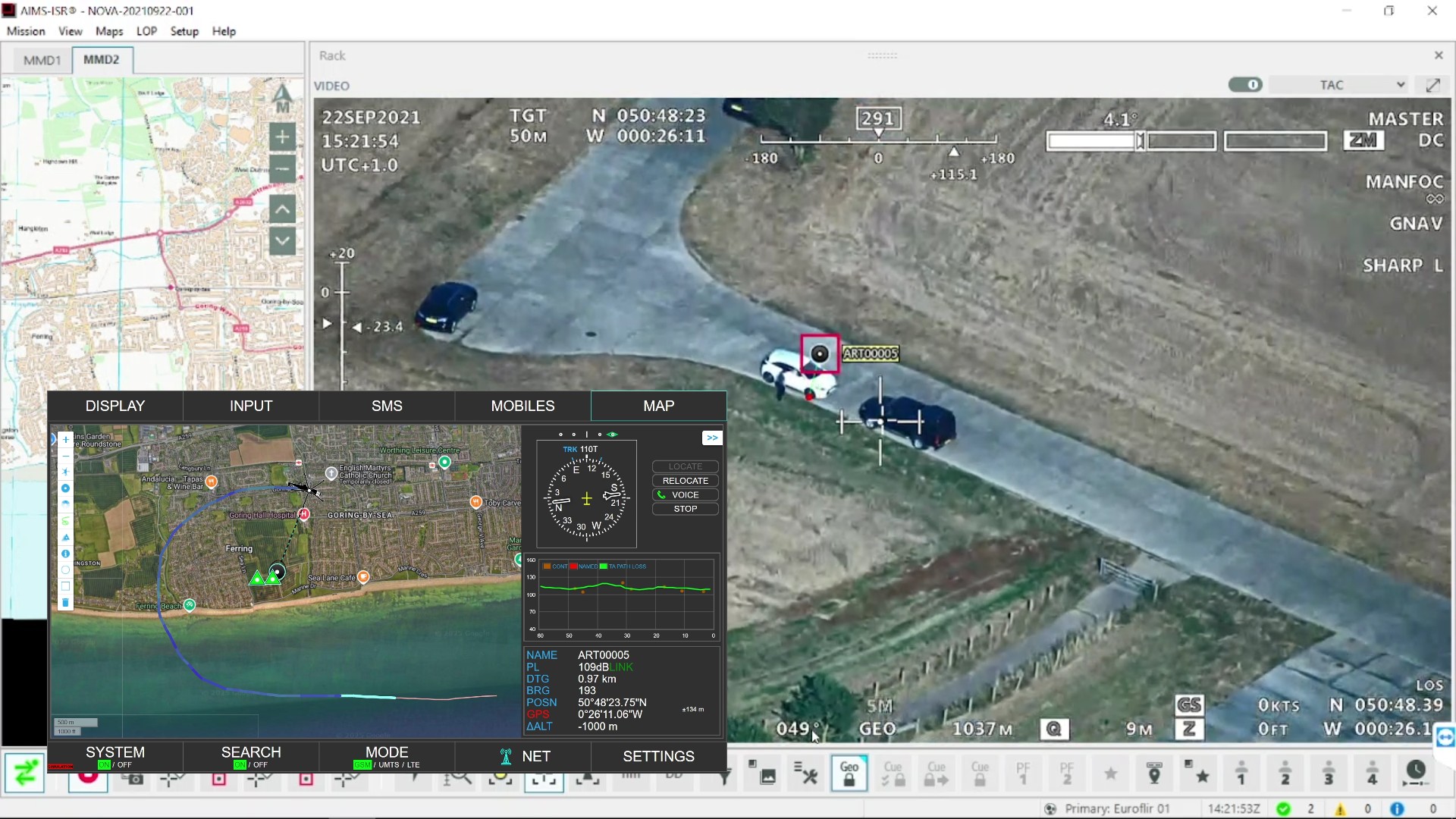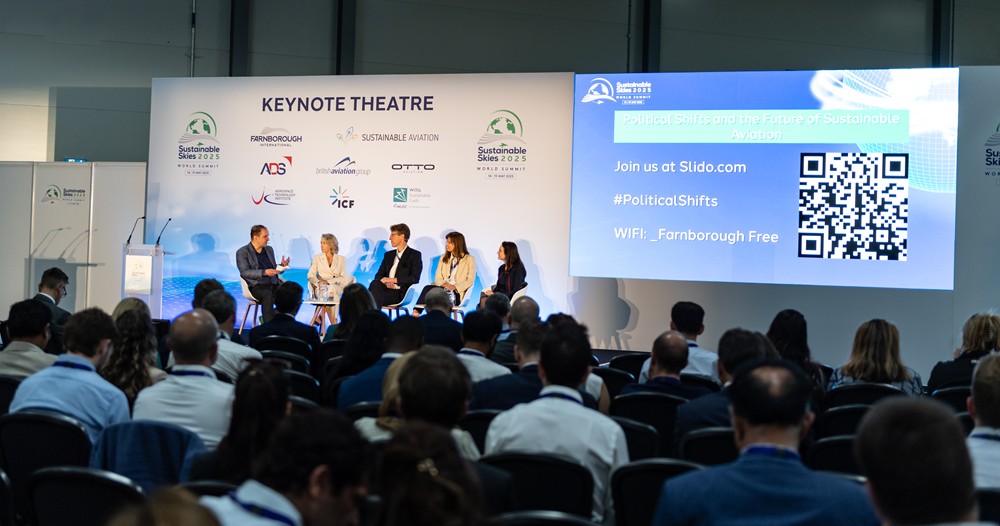Kaman UK reduces complex aerospace mould tools risk

Image courtesy Kaman UK
The company has utilised innovative ‘springback’ modelling techniques which have reduced the time needed for manufacturing refinement of complex composite mould tools which in turn reduces entry into service times and costs for the end user. Typically, the development phase could take in the region of 12 months, however with the utilisation of theoretical modelling this can be reduced by up to 30%.
The company has incorporated LMAT’s mathematical modelling software to accurately predict and analyse the spring and twist of a carbon fibre composite parts during manufacture, and accordingly compensate mould tool surfaces to ensure design parameters are met.
This removes the risk of manufacturing moulds which have to be subsequently modified once initial parts have been manufactured and foreshortens project development times.
When a composite mould tool is manufactured its surface features don’t always define the composite part characteristics required due to certain factors. Acute angles and curvature, part characteristics such as cross sectional thickness, the fibre architecture of the composite materials and thermal stresses inherent in the composite curing process all contribute to this variation.
Historically, this has necessitated that the mould tool is re-cut, adjusted or even remade based on data acquired during the part manufacturing development stage. This is both a costly and time-consuming aspect of new part introduction.
Initial springback values of 4° away from nominal are not uncommon with traditional ‘trial and error’ manufacturing techniques for complex parts. The use of LMAT modelling enables these values to be predicted on a part by part basis thus ensuring Kaman can design and manufacture the required composite mould by accurately configuring the tool surface during the initial manufacturing process without the need for subsequent modification.
James Scholfied, Kaman UK’s Business Development Director, said: “We are capable of enabling the use of new mould tools in weeks rather than months, which is removing a lot of risk and cost for us and making new product introduction much simpler and shorter for our customers. This is a huge step forward in composite manufacture development and greatly increases the ability of Kaman to assure the mould tool and therefore the part is right first time.”
Kaman UK have also made long-term investments in its in-house metallic and composites capabilities along with a £1million investment in a surface treatment line that achieved NADCAP approval status last year. This enables the company to offer a full service ‘one-stop-shop’ for fully integrated structures.
Tomasz Garstka, LMAT’s Managing Director, said: “Distorted components can cause major problems during aircraft assembly, however utilizing the benefits of LMAT’s advanced numerical tooling design workflow process it provides compensated tooling geometries right first time. For a number of our customers we have supported them in significantly reducing overall product cost as well as improving in-service performance.”
Kaman UK has a 70-year history of technical breakthroughs and innovation which global aerospace clients rely on to deliver high performance component parts and assemblies into their supply chain.











